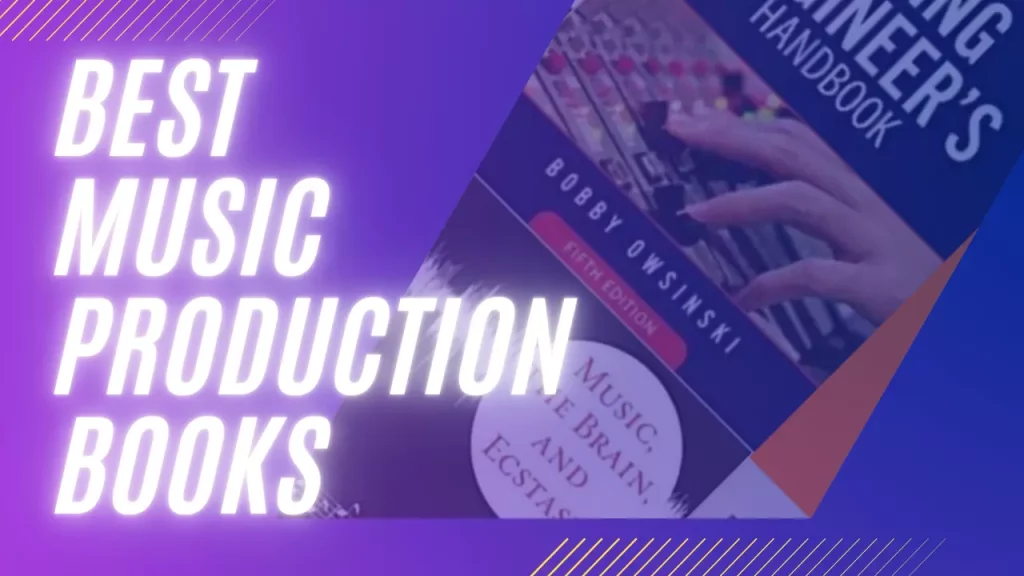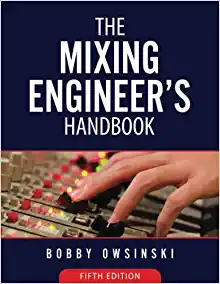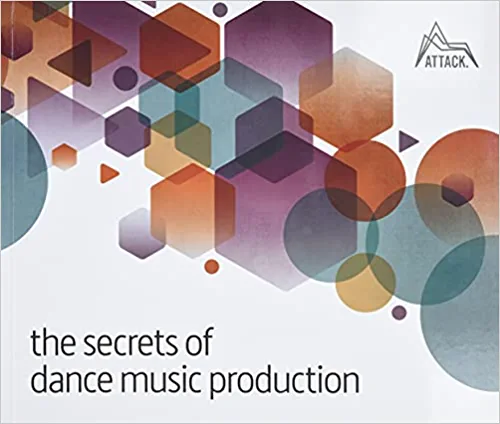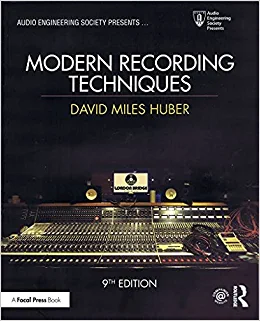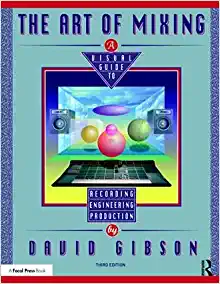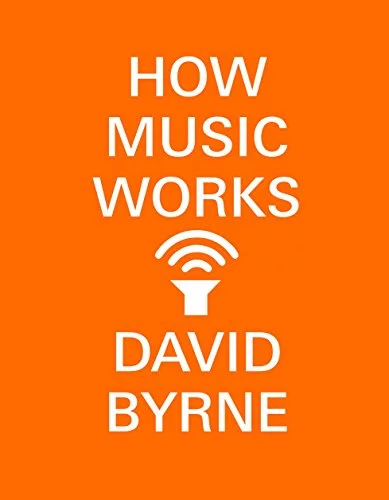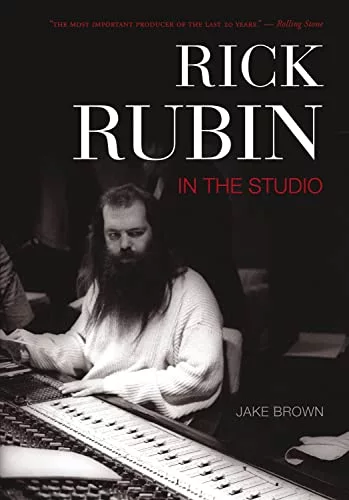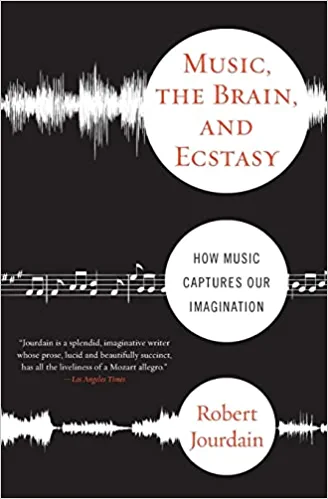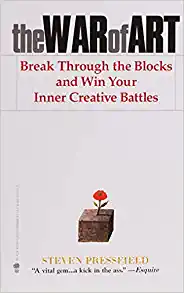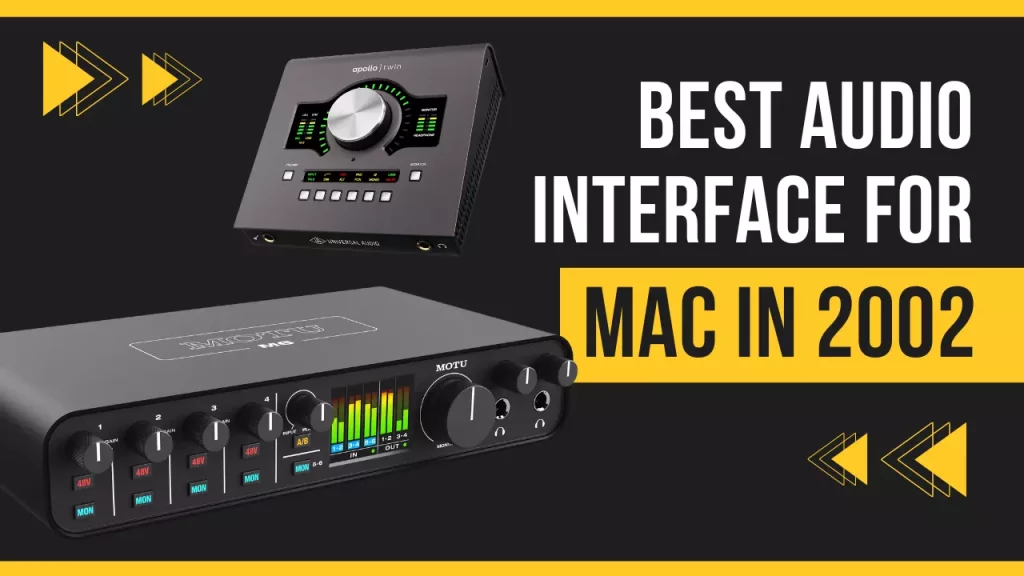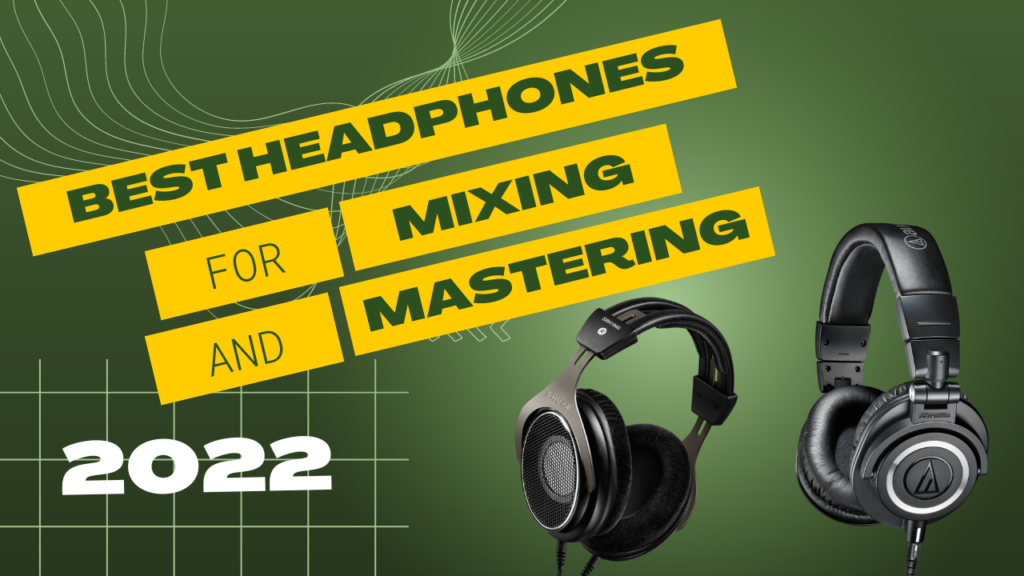You are living in a blessed era for music producers! There are so many ways to access music production knowledge and learn about making music. But old standards hold up, so this article is going to explore the best music production books. If you’re struggling with the “in one ear, out the other” nature of YouTube tutorials, or you find yourself searching the same reference images over and over again, you’d benefit greatly from building out a music production library. The must-read essentials here are fantastic foundational building any music producer’s library.
Table of Contents
Best Music Production Books
| Title | Best For |
|---|---|
| The Mixing Engineer’s Handbook | Comprehensive reference guide for mixing engineers, especially those using in the box DAW plugins. |
| The Secrets of Dance Music Production | EDM Producers of all genres, including beginners. |
| Modern Recording Techniques | A detailed overview of the start-to-finish process of creating a song. |
| The Art of Mixing | Visual representations of mixing and audio engineering concepts |
| How Music Works | Producers and listeners who want to understand patterns across the music creation process. |
| Rick Rubin: In the Studio | Understanding the history and unique process of one of the most impactful producers of all time. |
| Music, The Brain, and Ecstasy | An easy to understand scientific breakdown of why parts of music trigger emotional reactions |
| The War of Art | A battle plan for dealing with the internal challenges of any creative endeavor. |
Why Read Music Production Books?
In this high tech age, it can be easy to overlook boring old books. They aren’t interactive, they don’t have rich media like web sites, and they can take a long time to get out the same amount of information. But, science has show that reading is one of the best ways to actually retain information about almost any topic.
We can all be guilty of incessantly searching the internet to answer all our production questions, big and small — especially if we’re computer musicians, making electronic music. But, while there’s a ton of usable info online, it can be difficult to know if the source of that information is a trustworthy authority!
This is where the slow, old-fashioned process for creating a book works in your favor. They are often a labor of love, taking years to write and edit. Publishers vet their authors to to make sure their work is worth investing in. There are committed stakeholders dedicated to a process that’s much harder than a social media tutorial.
Books allow you to absorb the knowledge of seasoned industry professionals, collected over decades of work and distilled down into its purest form.
They also provide a handy reference. The internet is fast, but a bookmarked page on the shelf beside your studio desk is never a bad thing to have.
With that, let’s dive into our picks:
Note, this is our list of books for music production generally. We’ve also rounded up lists on the best electronic dance music production books and the best mixing and mastering books, if you’re interested in building out your library further.
By Bobby Owsinski, The Mixing Engineer’s Handbook is the ultimate guide for mixing engineers. If you were going to only purchase one book to answer most questions that come up while producing music, this would be it. Most questions we see asked in forums, or with dedicated YouTube videos, are answered more completely and more succinctly in this book. It also serves as a fantastic guide for building out a home or professional studio. The 2013 3rd edition includes a great section about modern recording techniques and mixing using only “in the box” first-party plugins in your DAW.
By David Felton and written for Attack Magazine, one of the world’s leading electronic music production publications, The Secrets of Dance Music Production is a must-have for electronic music producers, specifically. It’s a massive tome of over 300 pages with full color, in depth breakdowns of fundamentals, tips, tricks, and detailed walkthroughs. Equally helpful for house, techno, drum & bass, or dubstep music producers. This is a masterful overview for beginners and reference book pros across all areas of music production.
If you’re looking for more books on electronic dance music production specifically, take a look at our list of Best Electronic Dance Music Production books here.
Modern Recording Techniques
By David Miles Huber and Robert E. Runstein, Modern Recording Techniques is a phenomenally detailed overview of the entire process of a creating song, from start to finish. It covers studio recording, production, mixing, and master — all the essentials to finish professional quality songs. It’s a great way to to orient yourself, with in-depth coverage on both the artistic and technological considerations. We recommend it for beginners or anybody looking to up their game.
by David Gibson, this textbook for audio engineers is packed with valuable, time tested techniques. While the cover may seem hokey at first glance, the colorful graphics it contains are the best visual representation of modern best practices for mixing music. It’s groundbreaking in its approach to explaining the stereo field, and how you can place your sounds within a three dimensional space. This book is ideal for visual learners and beginners, who can make use of the many visual mixing templates for different genres, and covers absolutely everything you need to mix masterfully.
By David Byrne, How Music Works isn’t a music production book, per se. But we consider it a must-read for any aspiring musician. Byrne distills down all the knowledge from a long and successful career in the production world, working with the world’s biggest artists, liek the Talking Heads and Brian Eno. He masterfully distills down the patterns in how songs are written, recorded, distributed, and ultimately listened to, providing frameworks for creating good music. He develops the idea of a uniquely human appreciation for music, exploring the relationships between artists and listeners and the music itself. This is also a fantastic dive into the music industry machine, that is helpful for anybody looking to not just make cool tracks, but to build a music career.
by Jake Brown, Rick Rubin: In the Studio is an in depth look at the most enigmatic and one of the most influential music producers of our time, Rick Rubin. Rick is not a technical producer, and claims he can’t work a mixing board, but he’s been behind successful releases from such a variety of legendary artists like the Beastie Boys, Johnny Cash, and the Red Hot Chili Peppers. Few, if any music producers have had as big an impact on the music industry. This book dives into his unique recording philosophy, and covers his rise as a DJ in the early hip hop scene to founding Def Jam Records.
by Robert Jourdain, Music, The Brain, and Ecstasy uses neurological and physiological science to explain how different sounds trigger human emotions. If you’ve ever wondered why a musical instrument can have a profound emotional effect, or wondered how music works on the human brain, this is a fantastic read. It may sound overly technical, but Jourdain does a fantastic job of translating how music sounds emotional into accessible language.
By Steven Pressfield, The War of Art is a must-read mindset guide for any creative process. It’s easy when deep in the technical aspects of the recording process, or mixing process, or working hard to create great sounding masters, that music isn’t a science as much an art. This is a book to address the artistic creative process head on. It covers truly practical aspects for honing your mental game to succeed in any artistic endeavor. Pressfield addresses the internal enemies that every artist must face with a battle plan to win! It’s a guide for self tough love, and a breakthrough read for everyone.
Conclusion
Building a solid reference library is a fantastic way for music producers to grow their knowledge. Reading is one of the best ways to learn new material, and retain that knowledge. Having a quick, bookmarked, physical reference nearby can also help you look up the more technical aspects on the fly while you produce music. By building a broad library of music production materials, you can start down the path to becoming a legendary music producer in your own right!

